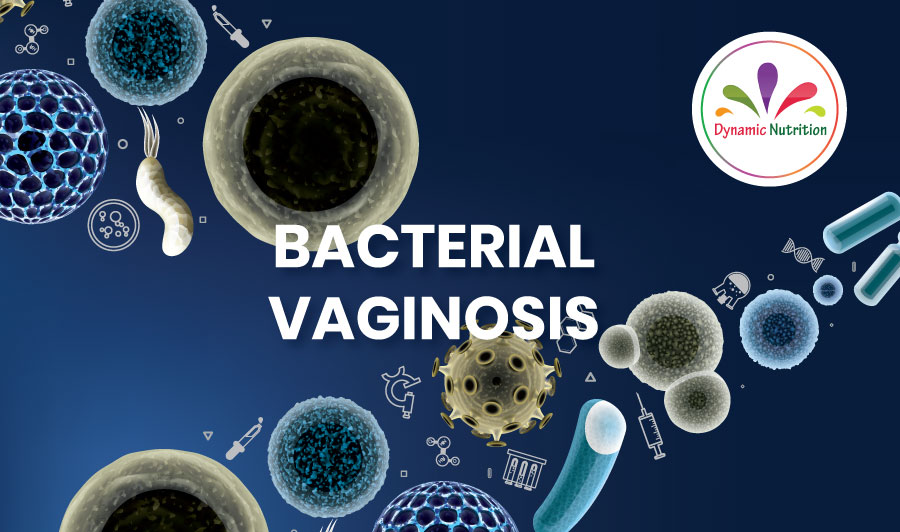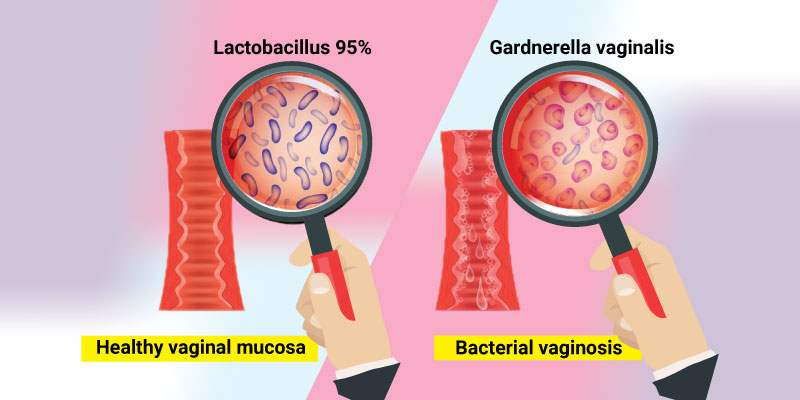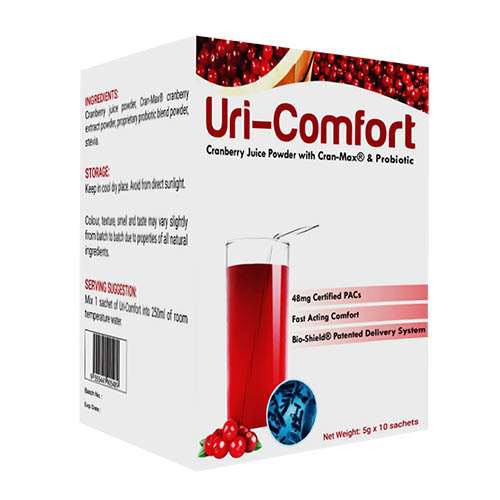 Healthy vaginas come with bacteria in them. But changes in the balance of the different kinds of bacteria in your vagina can lead to bacterial vaginosis (BV).
Healthy vaginas come with bacteria in them. But changes in the balance of the different kinds of bacteria in your vagina can lead to bacterial vaginosis (BV).
What causes Bacterial Vaginosis?
Bacterial vaginosis — usually called BV — is a bacterial infection. It happens when the different kinds of healthy bacteria in your vagina get out of balance and grow too much. BV is often caused by gardnerella vaginalis, the most common type of bacteria in your vagina.
Anything that changes the chemistry of your vagina’s pH balance can mess with bacteria levels and lead to infection — like douching or using vaginal deodorants and other irritating products. Learn more about keeping your vagina healthy.
Bacterial vaginosis isn’t a sexually transmitted infection. But having sex with a new partner, or multiple partners may increase your risk for BV. And sex sometimes leads to BV if your partner’s natural genital chemistry changes the balance in your vagina and causes bacteria to grow.

Risk factors of Bacterial Vaginosis
Risk factors for bacterial vaginosis include:
-
- Having multiple sex partners or a new sex partner. Doctors don’t fully understand the link between sexual activity and bacterial vaginosis, but the condition occurs more often in women who have multiple sex partners or a new sex partner. Bacterial vaginosis also occurs more frequently in women who have sex with women.
-
- Douching. The practice of rinsing out your vagina with water or a cleansing agent (douching) upsets the natural balance of your vagina. This can lead to an overgrowth of anaerobic bacteria, and cause bacterial vaginosis. Since the vagina is self-cleaning, douching isn’t necessary.
- Natural lack of lactobacilli bacteria. If your natural vaginal environment doesn’t produce enough of the good lactobacilli bacteria, you’re more likely to develop bacterial vaginosis.
Bacterial Vaginosis Complications
Bacterial vaginosis doesn’t generally cause complications. Sometimes, having bacterial vaginosis may lead to:
-
- Preterm birth. In pregnant women, bacterial vaginosis is linked to premature deliveries and low birth weight babies.
-
- Sexually transmitted infections. Having bacterial vaginosis makes women more susceptible to sexually transmitted infections, such as HIV, herpes simplex virus, chlamydia or gonorrhea. If you have HIV, bacterial vaginosis increases the odds that you’ll pass the virus on to your partner.
-
- Infection risk after gynecologic surgery. Having bacterial vaginosis may increase the risk of developing a post-surgical infection after procedures such as hysterectomy or dilation and curettage (D&C).
- Pelvic inflammatory disease (PID). Bacterial vaginosis can sometimes cause PID, an infection of the uterus and the fallopian tubes that can increase the risk of infertility.
Tips for Prevention and Treatment of Bacterial Vaginosis Symptoms
- Avoid irritants; instead, treat the area with apple cider vinegar or tea tree essential oil.
- Don’t douche.
- Use a condom during sex.
- Use clean/natural tampons during menstruation.
- Talk with your doctor if you are pregnant.
- Boost your immunity by eating a healthy diet and taking probiotics.
Related Topics
Cran-Max – Effective Prevention Of UTI
Qualified Health Claim for Cranberry Juice and Supplements for Urinary Tract Infections
Urinary Tract Infections – The Most Common Infections
Which probiotics can help with vaginal yeast infection?











Facebook Comments